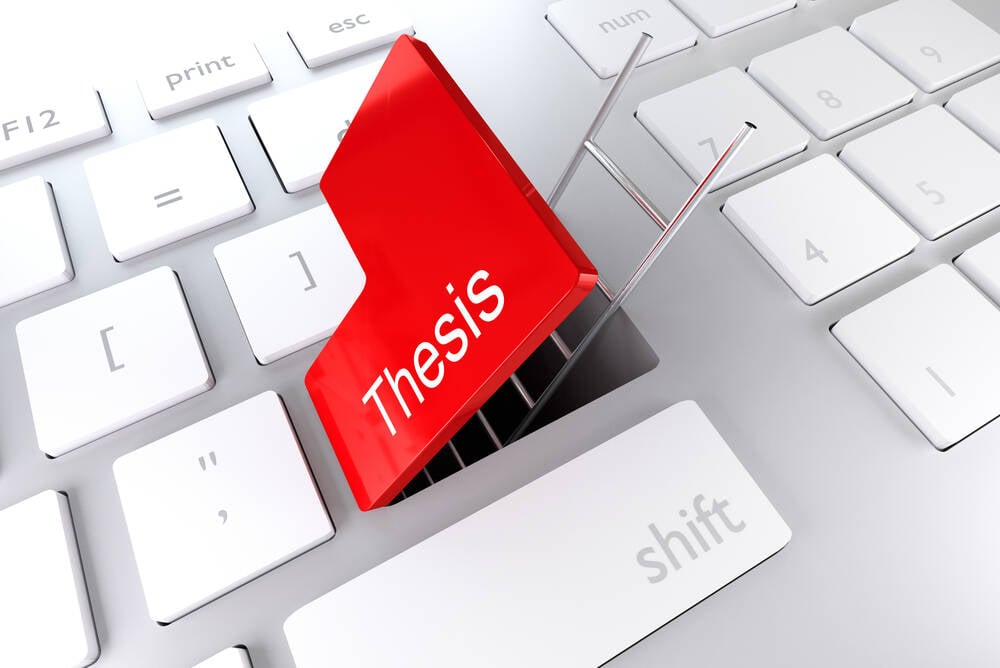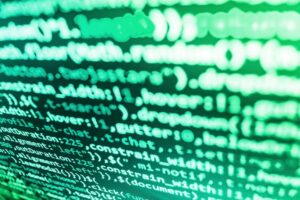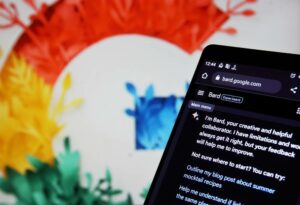
Academic plagiarism-detecting software vendor Turnitin demoed an AI-writing detection tool on Tuesday, with a claim of 98 percent accuracy at spotting machine-generated cheating.
Initial tests carried out by the Washington Post, however, found its performance lacking. Turnitin was good at detecting AI-generated text when the whole input had been created by ChatGPT, but struggled with a mixture between human and machine-written sentences. It also incorrectly flagged parts of an essay written by a student as AI-generated.
Teachers are grappling with the trend of students turning to tools like ChatGPT to write essays and complete homework, and academic institutions are struggling to enforce policies regulating the use of AI-writing software.
Turnitin, however, claims the features now integrated into its existing anti-plagiarism products can detect AI-generated text with “98 percent confidence” – but has failed to provide any evidence of this. Given a claimed 2.1 million US educators use the code, some sources should surely be cited – as any teacher will tell you.
“Turnitin’s technology has high accuracy and low false positive rates when detecting AI-generated text in student writing,” Turnitin’s chief product officer, Annie Chechitelli, declared in a statement. “To maintain a less than one percent false positive rate, we only flag something when we are 98 percent sure it is written by AI based on data that was collected and verified in our controlled lab environment.”
It’s not clear how Turnitin verified the accuracy of its software, nor how it performs predicting text generated by different language models.
The vendor has been criticized for pushing its tools onto customers without being transparent about how they work. Some top Russell Group universities in the UK – including Cambridge University, for example – have opted out of using Turnitin’s AI detection tools, according to the Financial Times.
Predicting whether a passage of text was produced by AI is tricky. Even OpenAI, which built ChatGPT, warned that its own AI Text Classifier can only correctly identify text as likely to be written by AI 26 per cent of the time.
A group of computer scientists from the University of Maryland recently published a study that found it was easy to evade detection tools – even for text that had been watermarked.
Turnitin’s AI-detection software is currently free to use.
“Educators told us that being able to accurately detect AI written text is their first priority right now. They need to be able to detect AI with very high certainty to assess the authenticity of a student’s work and determine how to best engage with them,” said CEO Chris Caren
The Register has asked Turnitin for comment on validating the 98 percent figure. We’ll let you know. ®
- SEO Powered Content & PR Distribution. Get Amplified Today.
- Platoblockchain. Web3 Metaverse Intelligence. Knowledge Amplified. Access Here.
- Source: https://go.theregister.com/feed/www.theregister.com/2023/04/05/turntin_plagiarism_ai/
- :is
- 1
- 7
- 98
- a
- Able
- About
- academic
- accuracy
- accurately
- AI
- and
- ARE
- AS
- At
- authenticity
- based
- BE
- being
- BEST
- between
- built
- by
- cambridge
- CAN
- ceo
- certainty
- ChatGPT
- cheating
- chief
- chief product officer
- Chris
- cited
- claim
- claimed
- claims
- clear
- CO
- code
- comment
- complete
- computer
- confidence
- controlled
- created
- Currently
- Customers
- data
- Detection
- Determine
- different
- educators
- engage
- Environment
- ESSAY
- Even
- evidence
- example
- existing
- Failed
- Features
- Figure
- Find
- First
- flagged
- For
- found
- Free
- from
- FT
- generated
- given
- good
- Group
- Have
- High
- How
- How To
- However
- HTTPS
- human
- identify
- in
- Including
- incorrectly
- input
- institutions
- integrated
- IT
- ITS
- jpg
- Know
- lab
- language
- like
- likely
- Low
- maintain
- Maryland
- million
- mixed
- mixture
- models
- Need
- of
- Officer
- on
- ONE
- OpenAI
- own
- parts
- percent
- performance
- performs
- plato
- Plato Data Intelligence
- PlatoData
- policies
- positive
- predicting
- priority
- Produced
- Product
- Products
- provide
- published
- Pushing
- Rate
- Rates
- recently
- s
- Said
- scientists
- should
- Software
- some
- something
- Sources
- Statement
- Struggling
- Student
- Students
- surely
- Technology
- that
- The
- the UK
- their
- Them
- time
- to
- tool
- tools
- top
- transparent
- Trend
- Tuesday
- Turning
- Uk
- Universities
- university
- us
- use
- vendor
- verified
- whether
- which
- whole
- will
- with
- without
- Work
- write
- writing
- written
- You
- zephyrnet













